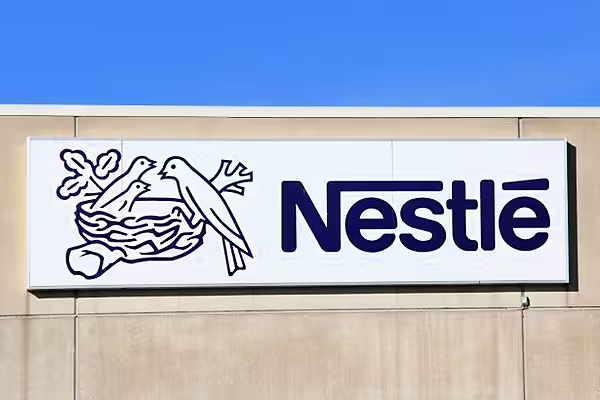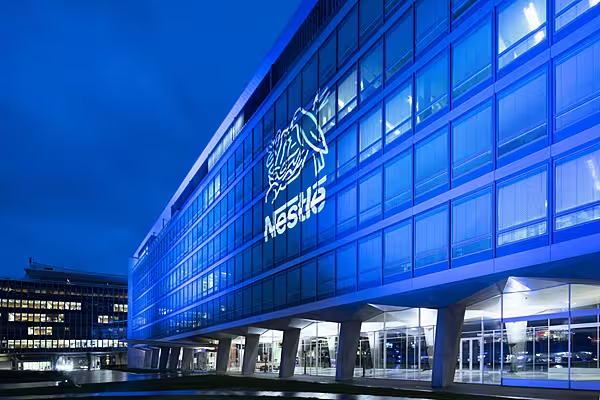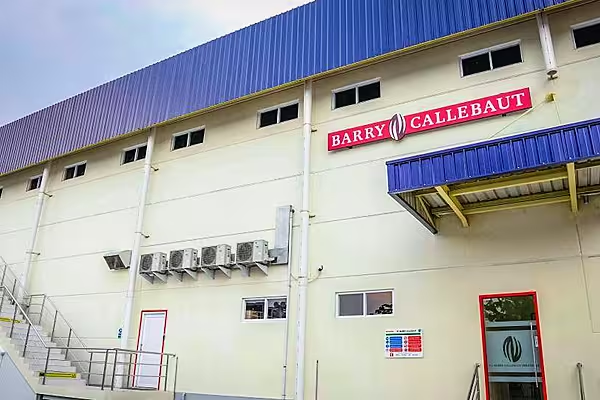Nestle SA has agreed to pay DBV Technologies SA, a French developer of therapeutic skin patches, as much as 100 million euros ($110 million) for the right to sell an experimental test to detect milk allergy, the most common food allergy in children.
Nestle will pay the Montrouge-based company 10 million euros upfront for development of the test, which Nestle will have the right to sell globally pending regulatory approval, DBV said in a statement Tuesday. DBV said it will fund development and expects to ask authorities for clearance by 2021.
Nestle aims to build a $10 billion business out of its health-science unit, created in 2011 to fight chronic diseases. Last year, the maker of Gerber baby food and KitKat chocolate bars bought a stake in Seres Therapeutics Inc., a Cambridge, Massachusetts-based developer of drugs designed to improve the effectiveness of microorganisms in the human body. Some types of Nestle’s infant formulas reduce the risk of allergic reactions because they contain whey protein that’s broken down.
“Our pediatric allergy portfolio ideally positions us to bring this patch to market,” Greg Behar, head of Nestle’s Health Science unit, said in the statement.
Precursor Test
DBV, which was founded in 2002 by a pediatric gastroenterologist, started selling an older, less sophisticated version of the testing kit in French pharmacies 12 years ago. The product, called Diallertest, generated about 200,000 euros in revenue last year. Regulators allow DBV to make Diallertest available in drugstores but havent allowed the French company to market it, export it nor be reimbursed for it since late-stage clinical trials haven’t finished.
“We didn’t have the means to develop it further before,” Chief Operating Officer David Schilansky said in a phone interview. “Now, in the hands of Nestle, with a plan to grow it in the U.S., Europe and Asia, the potential is very different. ”
The new product will provide a “richer” and more reliable diagnosis than Diallertest, which was made with a different technology, Chief Executive Officer Pierre-Henri Benhamou said by phone.
DBV, which is traded in Paris and on the Nasdaq, is using its Viaskin technology to develop another patch that may increase tolerance in children who are allergic to peanuts. DBV shares have gained 36 percent in the past year, giving the French biotechnology company a market value of 1.4 billion euros.
About 5 percent to 15 percent of infants show adverse reactions to proteins contained in cow’s milk, according to the companies. Diagnosing the allergy is difficult because there are no unique tell-tale symptoms.
News by Bloomberg, edited by ESM. To subscribe to ESM: The European Supermarket Magazine, click here.














